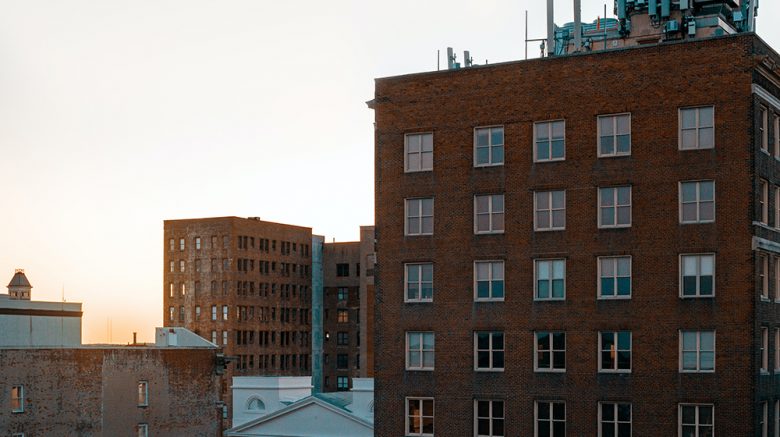By Anya Steinberg
This post originally appeared on TheHumanist.com.
Mountain goats and wild boars stroll nonchalantly through European city centers, fish are finding their way back to the canals in Venice, and, finally free from the confines of smog, the Himalayas loom over northern India’s skyline. Hundreds of Facebook clickbait articles are dedicated to the miraculous return of Mother Nature in light of the global coronavirus pandemic. Safely tucked in their homes, mainstream environmentalists seem to be relishing the movements of each and every organism that emerges from the forest and settles into deserted urban centers. The conquest of nature over humanity becomes a singular victory in the midst of so many losses, one to be cheered on from the sidelines before starting yet another puzzle or placing the fourth Amazon Prime order of the week.
The “nature is healing” rallying cry is one I find extremely tiring. It’s yet more evidence that mainstream environmentalism has a long way to go before it truly benefits the future of our planet. Yes, due to restrictions COVID-19 has placed on the economy and our ability to travel, pollution levels and greenhouse gas emissions have plummeted. The oil industry is suffering not because it can’t find oil, but because it can’t sell what it has. Those who normally live under very dirty skies may be able to breathe a little easier.
For the most part, though, today’s world does not look like a victory. When people laud this moment for showing us how the planet could be if we treated it better, they ignore the very real consequences of this time.
Around the world, food supply chains are collapsing, threatening an unprecedented global hunger crisis. In the United States record numbers of people apply for unemployment and line up outside food pantries, reeling from their losses. Just this week I saw a car for sale and called the number on the sign. The elderly sounding woman on the other end told me her husband lost his job last week and so they needed to “downsize.” They were planning on selling this Subaru that was in mint condition for $4,000-5,000 less than it was worth without blinking. After I hung up, she texted me three more times basically pleading for me to buy the car from them. Even the country of plenty is tightening its belt for the months ahead.
Whatever healing this has done for nature cannot matter if people aren’t healing alongside it. Inequality is a tireless burden to low-income communities and communities of color, one that has been exacerbated by a collapsing economy and little substantial help from the government. For centuries, these communities have been slated to have less access to clean water, healthy food, secure and high-paying jobs, stable housing, and adequate medical care because of government policies aimed at their disenfranchisement. Yesterday they were struggling. Today, while well-off Americans feel the pressure, they are getting crushed.
I don’t mean to say we shouldn’t address the climate crisis with the same aggression that has been given to COVID-19. Monumental change will be needed in order to face climate change in the coming years. And yes, climate change will have to be confronted. Just like COVID-19, climate change demands our attention and, if we don’t give it, it will devastate the most vulnerable among us.
But, when we finally choose to “heal” nature, we have to heal the people, too. Don’t let the rampant injustices and sloppy solutions tolerated during COVID-19 become a blueprint for how to address climate change. Let them become lessons where we discover who will need our help the most in the coming decades. Let COVID-19 pave a way for us to better honor the Earth while also honoring all those that live upon it. Let this moment lead us to a better rallying cry than “nature is healing!”—a rallying cry that many young environmental activists are already shouting: “justice!”

